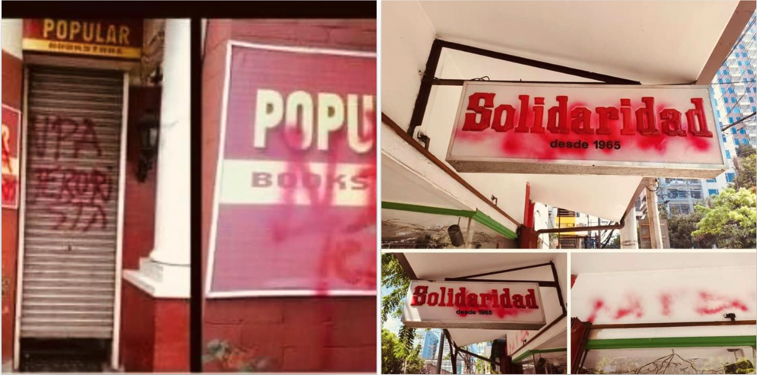On a more positive note, in Hungary, observers witnessed the culmination of a court case involving the freedom to publish, children’s books, and ideas around ‘traditional’ or ‘normal’ families. The case began in July 2021, when publisher Líra Kiskereskedelmi Kft. was fined 250,000 forints (695 CHF) by the Hungarian authorities for engaging in ‘unfair commercial practices’ for not informing readers and customers that a book contained depictions of ‘unusual’ families ‘deviating from the norm’. The publisher went to court to appeal the fine and in March 2022, the Budapest District Court ruled that the original fine was unlawful and annulled the decision. In response, the government office filed its own appeal, but this was rejected by the Court.
The book in question is the Hungarian translation of the storybook “Early One Morning” by US author Lawrence Schimel, which features a family with same-sex parents. Rainbow Families, a non-profit organization dedicated to serving the needs of all LGBTQ+ families, welcomed the decision, stating that “Rainbow families are just normal, ordinary families. We love our children the same way… We are happy that two courts have decided: in Hungary there is no place for the punishment of a book that is about such families with small children, of which there are thousands in our country”.
On the other hand, less encouraging news has emerged from the Philippines, where reports have surfaced of several bookstores recently becoming the targets of vandalism. Popular Bookstore, founded in 1945 in Quezon City, and La Solidaridad Bookshop, founded in 1965 in Manila, were defaced with red graffiti bearing anti-communist messages.
Popular Bookstore shared images of the graffiti on its social media channels, expressing ‘dismay and exasperation’ – but not fear – at the message. In response, a number of groups issued condemnations of the violent acts, including the Freelance Writer’s Guild of the Philippines (FWGP), the Book Development Association of the Philippines, the Philippine Book Publishing Development Federation, and the National Book Development Board.
In its statement, the Freelance Writers’ Guild of the Philippines said that “these vile acts are detrimental not just to these independent bookstore – where some FWGP members’ published works are available – but to the whole literary community and the reading public, as it curtails their freedom to read and remain safe as they do so. These acts likewise affect the well-being, safety and livelihood of freelance content creators and creative workers in the country”.
Meanwhile, the Book Development Association of the Philippines noted that the “basic symbiotic exercise of freedom is at the base of building a culture that is well-rounded, that nurtures both creative and critical thinking, and keeps… democracy alive and strong” and that “dissent and criticism are vital to a nation’s genuine education and enlightenment, to its health and sustenance, and to its advancement”.
Finally, the National Book Development Board, for its part, also emphasized the importance of the freedom to publish, stating that “books open minds and change world. Reading encourages people to think critically, exchange views properly, and make better choices. Threatening and maliciously labelling bookstores would only be of great disservice to the national good”.

